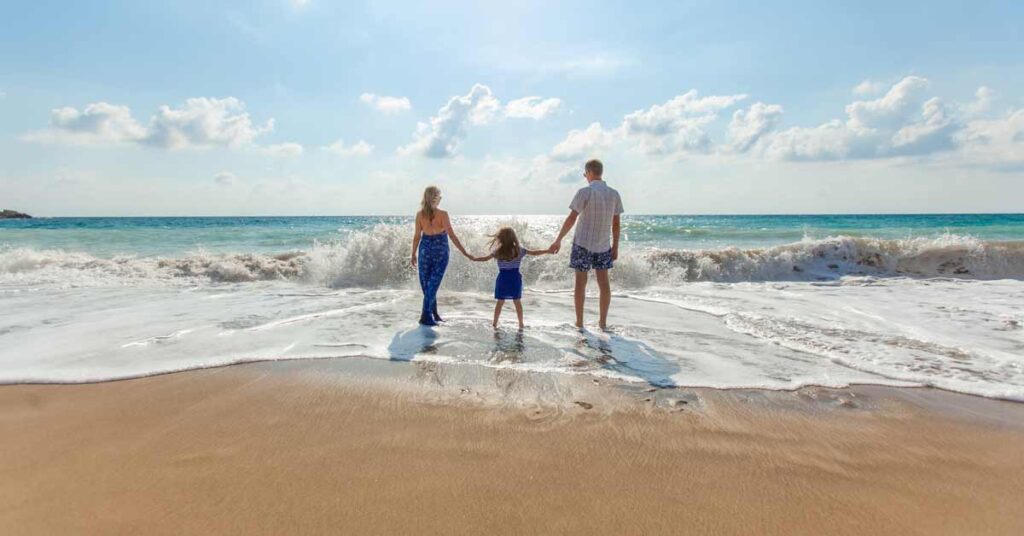Maybe it’s the sun, fresh air and the beautiful scenery talking, but holiday homes seemingly offer the best of everything. You get free holiday accommodation in a home-away-from-home plus some extra cash in your pocket from rental income if you decide to rent it out. What’s not to like?
But, as always, it’s never quite that simple. You have to be careful your lifestyle wants aren’t getting mixed up with what should be a wealth-building exercise, clouding your judgement of whether or not a property is a sound investment.
That’s not to say the dream of owning a holiday home you can put to work is necessarily a bad one. You just need to buy with your head, not your heart. That means doing your research and crunching the numbers before you commit.
To help, we’ve outlined some pros and cons of buying a holiday home as an investment below.
The pros of buying a holiday home
Buying your own holiday home can be a very tantalising idea. And it’s easy to see why when you consider the benefits that owning a weekender potentially brings. These can include:
Free holiday accommodation
This is one of the biggest selling points of owning a holiday property. In theory, you can have unlimited access to the property, so whenever you want a sneaky weekend away, it’s yours for the taking. Even better, your friends and family can share the love. However, in practice, this depends on the tenancy agreements you have in place and/or seasonal demand if it’s listed on Airbnb.
Rental income can offset some of your costs
Owning property can be hard on your wallet once you account for ongoing costs such as upkeep and insurance. Renting your holiday home out to tenants or other holidaymakers can bring in welcome income to offset these expenses.
Potential capital gains
If you buy wisely, the property could rise in value over time. While this can mean you make a profit when it’s time to sell, you’ll have to pay capital gains tax.
Potential tax benefits
If you rent out the property, some of your expenses may be tax-deductible, such as maintenance and repair costs as well as the interest on your investment home loan. However, the ATO has strict rules governing this, and you can only claim for when the property is genuinely available for rent.
A place to retire to
Looking further down the track, if you like the holiday home’s location and the neighbourhood has everything you need, it could potentially be the perfect property to live in when you’re retired.
The cons of buying a holiday home
Before you make any snap decisions, you need to consider some of the drawbacks of buying a holiday home. These can include:
Volatile property values
While holiday homes can increase in value, they are also more susceptible to market downturns. That’s because they are an expendable asset and reflect discretionary spending. So, when times are good, prices typically rise. However, when belts need tightening, they are often one of the first assets people want to offload.
Rental returns can fluctuate widely
The holiday rental market is predominately seasonal, with many properties only seeing strong demand for, on average, a few months a year. Finding a tenant to cover the down periods can be challenging – and it’s your pocket that takes the hit when the property is lying vacant.
Ongoing expenses
The holding costs of owning a holiday home soon add up, especially if you’re renting it out to holidaymakers. There are property management fees and cleaning costs to consider, as well as repair bills, council rates, public liability insurance, short stay insurance and advertising. While your rental income may cover some or all of these expenses, these ongoing expenses can take a large bite out of the profit.
No variety in your holiday destination
You might love the area. But do you really want to visit the same place every time you holiday? And while there’s no rule you mustn’t travel elsewhere, you may feel obliged to considering your investment.
Not being able to access the property when you want
Unfortunately, the times you’ll probably want to holiday in the property will likely coincide with strong rental demand. So you may have to do without a much-needed break or only visit in less popular times.







